Understanding Dopamine’s Role in Focus and Cognitive Performance
Dopamine is far more than just a “feel-good” neurotransmitter—it plays a central role in cognitive enhancement, particularly when it comes to motivation, reward-based learning, attention regulation, and mental clarity. This chemical messenger helps coordinate how we think, move, and respond to stimuli. As one of the primary neurotransmitters involved in executive function and decision-making optimization, dopamine can significantly impact everything from memory retention to the ability to concentrate for extended periods. When dopamine levels dip too low, individuals may find it difficult to stay focused, feel energized, or even experience joy in previously enjoyable activities—a condition often observed in cases of ADHD, depression, or burnout.
You may also like: How to Choose the Best Brain Supplements for Adults: Science-Backed Ingredients That Support Focus, Memory, and Mental Clarity
For individuals seeking to optimize cognitive performance naturally, understanding how to increase dopamine with supplements has become a compelling pursuit. While there is no magic bullet, advances in neuroscience and nutritional psychiatry now offer a range of viable options to support healthy dopamine function. Natural dopamine supplements, particularly those formulated to support the brain’s dopaminergic pathways, are increasingly being recognized as safe and effective tools to enhance mental performance without the risks associated with prescription stimulants.
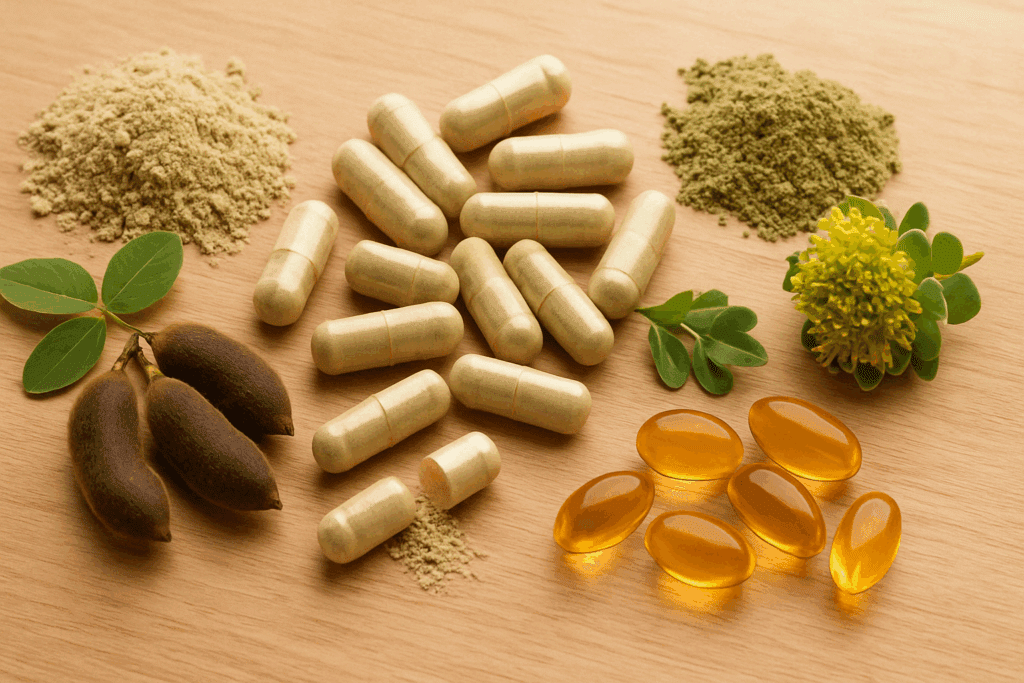
What Are Dopamine Supplements and How Do They Work?
Dopamine supplements, also referred to as dopaminergic supplements or dopamine boosting supplements, are nutritional formulations designed to support the production, regulation, and utilization of dopamine in the brain. These supplements typically contain vitamins, amino acids, minerals, and plant-derived compounds that either serve as building blocks for dopamine or influence its release and reuptake.
Key precursors like L-tyrosine and L-phenylalanine, for instance, are amino acids that convert into dopamine through enzymatic pathways. Other compounds such as Rhodiola rosea, Mucuna pruriens, and ginkgo biloba are considered dopamine herbal supplements due to their capacity to influence dopamine availability or receptor sensitivity. Meanwhile, vitamin supplements for dopamine—particularly those rich in B6, B9, and B12—play a foundational role in neurotransmitter synthesis and methylation pathways, essential for optimal mental clarity and mood regulation.
But how do dopamine tablets and similar formulations differ from traditional medications? Unlike pharmaceutical agents that often work by flooding the synaptic cleft with dopamine or inhibiting its reuptake (as seen with drugs like Adderall), natural supplements for increasing dopamine are generally designed to restore balance rather than induce spikes. This means they support long-term cognitive health without overtaxing the brain’s natural regulatory mechanisms, a key concern for those looking to avoid tolerance or dependency.
Natural Dopamine Supplements That Actually Work
When it comes to choosing the best dopamine supplements, the emphasis should be on evidence-based formulations that have been clinically studied or backed by reputable research. Mucuna pruriens is among the most well-documented natural dopamine boosters. Often marketed as a source of L-DOPA—the direct precursor to dopamine—Mucuna offers a unique pharmacological profile that makes it both potent and relatively well-tolerated. Studies suggest it may support improved mood, motivation, and focus, particularly in individuals with mild dopamine deficiency.
L-tyrosine is another standout, often used in high-stress environments like military training to preserve cognitive function under pressure. By enhancing the availability of dopamine during times of physical or emotional strain, L-tyrosine can help maintain mental clarity when it matters most. Additionally, Rhodiola rosea, an adaptogen known for combating fatigue, has been shown to modulate dopamine and serotonin activity, making it a valuable compound for those seeking balance across multiple neurotransmitter systems.
In terms of vitamin supplements for dopamine, B-complex vitamins deserve particular mention. These dopamine vitamins facilitate the conversion of dietary precursors into active neurotransmitters. Vitamin B6 (pyridoxine), for example, is necessary for the conversion of L-DOPA to dopamine, while folate (B9) and B12 are vital for methylation cycles that regulate mood and cognition. When combined, these nutrients act synergistically as dopamine enhancing supplements that can support improved attention and motivation.
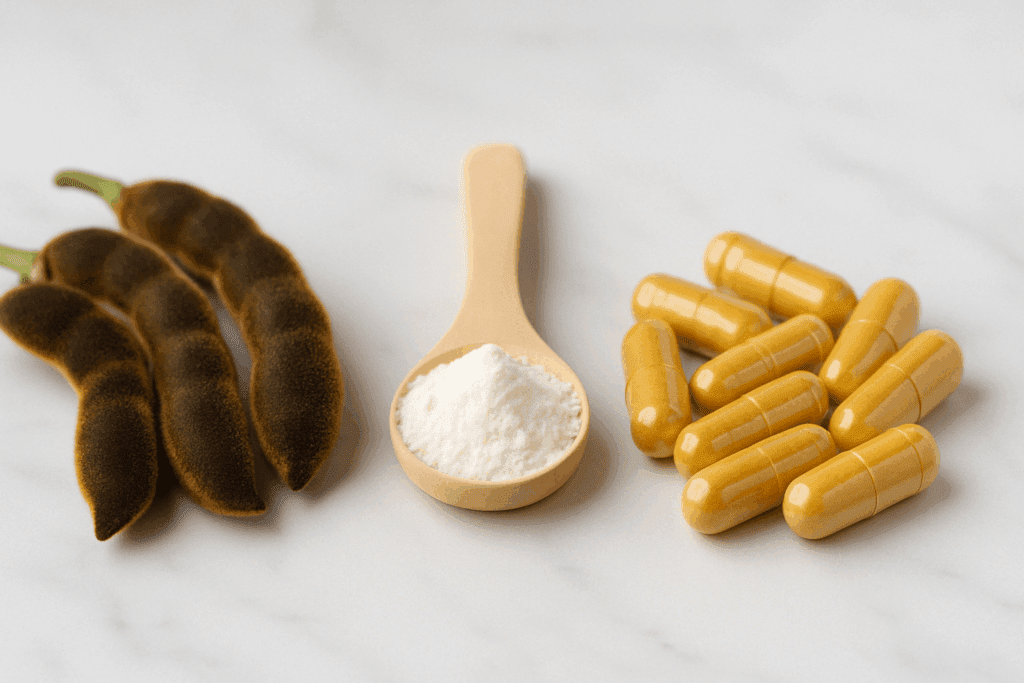
The Intersection of Dopamine and Serotonin in Cognitive Enhancement
While dopamine is often discussed in isolation, its relationship with serotonin cannot be overlooked. These two neurotransmitters exist in a dynamic interplay that influences not only cognitive performance but also emotional regulation and stress resilience. That’s why many of the best serotonin and dopamine supplements aim to balance both systems simultaneously.
5-HTP, a serotonin precursor, is sometimes paired with L-tyrosine in dopamine serotonin supplements to provide a dual-action effect. This combination may help improve mood while also sharpening focus and mental stamina. However, because both neurotransmitters compete for the same enzyme (aromatic amino acid decarboxylase), timing and dosing must be carefully considered. Some supplements are thoughtfully formulated to ensure optimal absorption and avoid unwanted interactions, demonstrating the growing sophistication of nootropic science.
Repairing Dopamine Receptors and Restoring Sensitivity
One of the lesser-discussed yet crucial aspects of dopamine regulation is receptor sensitivity. It’s not just about how much dopamine your brain makes—it’s about how well your neurons respond to it. Over time, chronic stress, excessive stimulant use, or even prolonged screen exposure can lead to receptor desensitization. This can manifest as brain fog, lack of motivation, or emotional flatness.
Fortunately, there are supplements to repair dopamine receptors and restore neuronal sensitivity. Magnesium, for instance, has been shown to support dopamine receptor density and function, making it a key player in long-term dopamine support. Many people ask, “Does magnesium increase dopamine?” and while magnesium doesn’t directly raise dopamine levels in the same way as precursors do, it enhances dopamine signaling by regulating the receptor environment and mitigating neuroinflammation.
Antioxidants such as N-acetylcysteine (NAC) and curcumin are also gaining traction as part of a comprehensive dopamine restoration protocol. These compounds help combat oxidative stress and protect dopaminergic neurons, particularly in individuals dealing with chronic fatigue or burnout. As more research emerges, it’s becoming clear that effective dopamine boosting supplements must do more than stimulate neurotransmitter production—they must also support receptor health and neural resilience.
Where to Get Dopamine Supplements and What to Look For
When people search for where to get dopamine supplements or ask, “Can you buy dopamine over the counter?”, they’re usually referring to supplements that support dopamine function rather than dopamine itself. While synthetic dopamine is available for medical emergencies (such as in ICU settings), it’s not something one can or should self-administer orally. Instead, natural dopamine supplements are widely available online and in health food stores, often labeled as mood or focus enhancers.
If you’re wondering where can I get dopamine supplements that actually work, look for products that include clinically dosed ingredients, third-party testing, and clear labeling. Transparency matters. Avoid proprietary blends that obscure ingredient amounts, as precise dosing is essential for safety and efficacy. The best dopamine supplements typically include a combination of amino acid precursors, B-vitamins, adaptogens, and herbal compounds that work synergistically to enhance dopamine availability and function.
Some consumers also ask, “Can you buy dopamine tablets directly?” Technically, you can buy dopamine-support tablets, but not dopamine in its raw form. Instead, these formulations usually contain ingredients like L-DOPA, tyrosine, or herbal extracts, all of which are safe and legal when used as directed. Whether you’re exploring how to increase norepinephrine and dopamine naturally or seeking a targeted dopamine booster, it’s crucial to do your research and choose products from reputable brands with clinical backing.
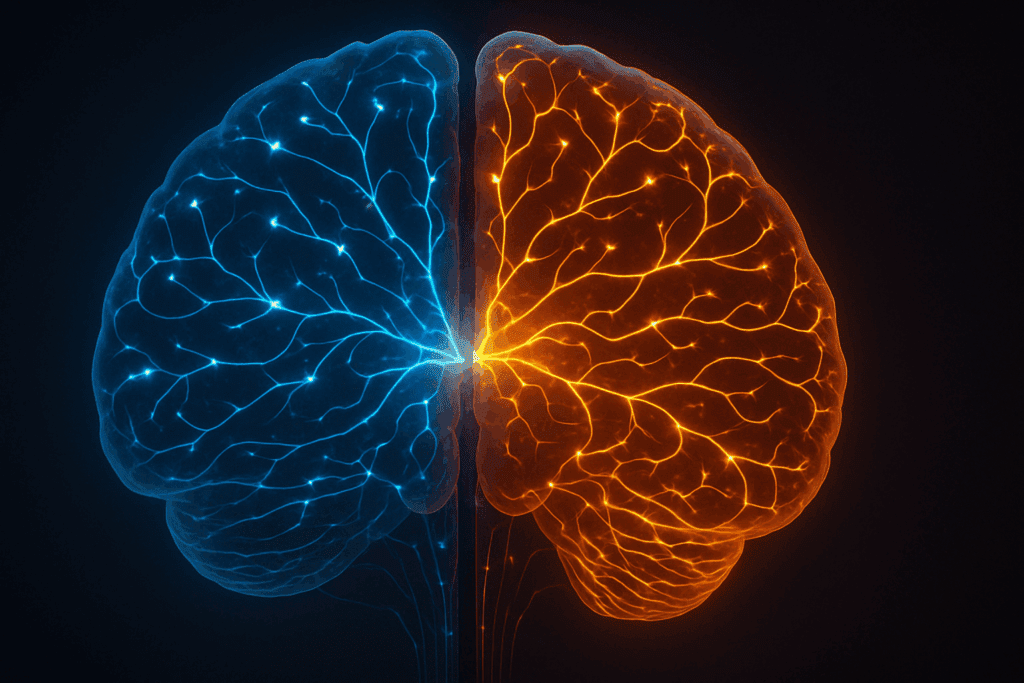
Do Dopamine Supplements Work? What Science Really Says
The question “Do dopamine supplements work?” is best answered with a nuanced understanding of individual biochemistry, formulation quality, and health status. In general, yes—many supplements for increasing dopamine have shown measurable effects in both clinical and real-world settings. For example, controlled trials on Mucuna pruriens have demonstrated increased dopamine levels and improved symptoms in Parkinson’s patients, while research on L-tyrosine supports its use in enhancing cognitive flexibility and working memory under stress.
However, it’s important to clarify that no supplement is a one-size-fits-all solution. Effectiveness depends on baseline dopamine levels, nutritional deficiencies, lifestyle factors, and genetic predispositions. For individuals with a healthy nervous system, natural dopamine supplements can offer a cognitive edge—supporting better focus, mood stability, and energy. But for those with underlying neurological conditions, supplements should be used as part of a broader treatment plan under medical supervision.
If you’re asking, “Is there a supplement to increase dopamine that’s right for me?” the answer lies in personalized experimentation, ideally guided by lab work or professional evaluation. Some people may respond best to dopamine herbal supplements like Rhodiola or ginseng, while others may benefit more from amino acids or dopamine vitamins depending on their metabolic profile.
Choosing the Best Nootropics for Dopamine and Cognitive Focus
When curating a nootropic stack for dopamine support, it’s worth considering not only the biochemical mechanisms but also the synergistic potential of different compounds. The best nootropics for dopamine often include a blend of both fast-acting and long-term support ingredients. For example, combining L-tyrosine with caffeine and theanine can offer immediate cognitive stimulation, while adding adaptogens like ashwagandha or bacopa monnieri helps regulate stress hormones that otherwise deplete dopamine reserves.
Some formulations also include ingredients aimed at reducing inflammation or supporting mitochondrial health—factors that indirectly improve dopaminergic function. Whether you’re dealing with sluggish decision-making, mental fatigue, or mood swings, a well-balanced nootropic approach can help restore mental clarity and resilience without overstimulation.
When people ask, “Is there a pill that increases dopamine effectively without side effects?” they’re usually referring to these sophisticated blends of natural ingredients. While dopamine tablets may offer acute benefits, long-term success hinges on choosing supplements that align with your body’s unique neurochemical needs and lifestyle demands.
Final Thoughts: Do Dopamine Pills Work and Are They Worth Taking?
So, does dopamine pills work as promised? In many cases, yes—but only when paired with a foundational understanding of how dopamine operates and what your brain specifically needs. Supplements to raise dopamine can be profoundly effective when they target not just production but also transport, metabolism, and receptor health. Whether you’re exploring options to repair dopamine receptors, looking to enhance mental clarity, or simply trying to find where to get dopamine safely, the answer lies in educated, intentional supplementation.
Just as importantly, dopamine support should be part of a broader cognitive enhancement strategy that includes quality sleep, regular movement, stress management, and nutrient-dense foods. Supplements are powerful tools, but they work best when your internal environment is primed for absorption and utilization.
Ultimately, the best dopamine supplements are those that respect the complexity of the brain while delivering tangible, research-backed benefits. Whether your goal is to boost focus for demanding cognitive tasks or restore motivation after burnout, there’s a growing arsenal of natural tools to help support your dopaminergic system—without compromising your long-term well-being.
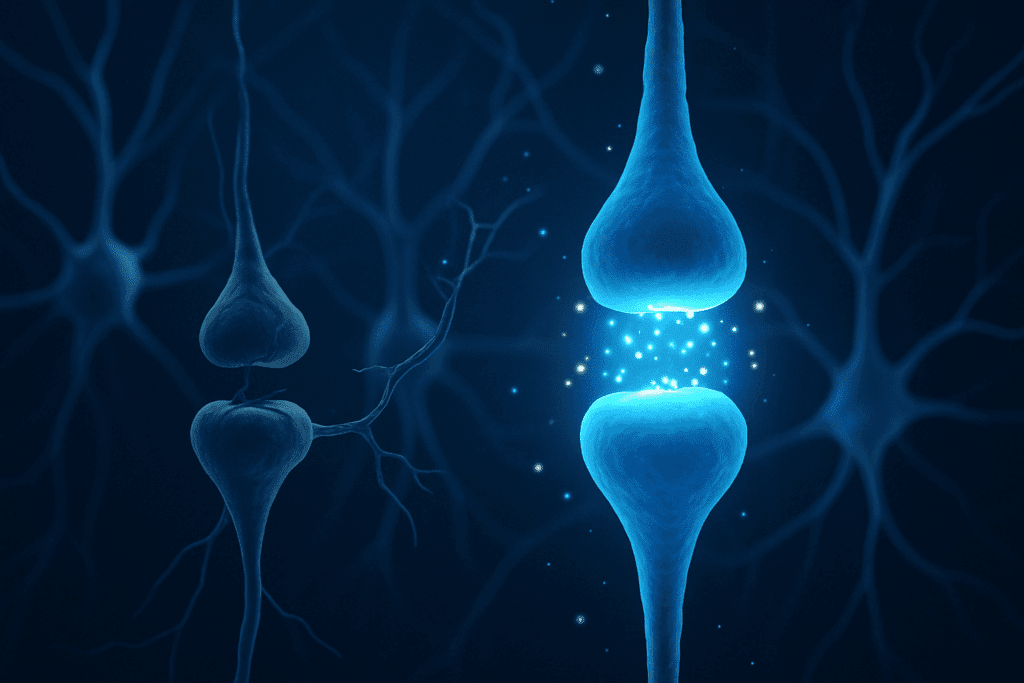
Frequently Asked Questions: Supplements and Strategies to Boost Dopamine Naturally
1. Can long-term use of dopamine supplements affect your brain’s natural dopamine production?
Yes, over-reliance on synthetic or isolated dopamine supplements can potentially disrupt your body’s natural dopamine regulation. The brain is highly adaptive and may reduce its endogenous dopamine production or receptor sensitivity if it senses that dopamine levels are being consistently elevated through external supplementation. This is especially true for high-dose dopamine tablets or stimulants used without cycling. To avoid downregulation, it’s essential to cycle off dopaminergic supplements periodically and support dopamine pathways through lifestyle habits like exercise, sleep, and natural dopamine supplements like Mucuna pruriens or Rhodiola rosea. Balancing supplemental support with lifestyle strategies ensures that you enhance dopamine levels without impairing long-term neurological resilience.
2. What are the best dopamine supplements for people with chronic fatigue or low motivation?
For individuals dealing with chronic fatigue or apathy, the best dopamine supplements are those that work synergistically to support mitochondrial function, stress modulation, and dopamine synthesis. Dopamine boosting supplements like L-tyrosine or N-acetyl L-tyrosine (NALT) can provide immediate precursors to dopamine, but combining them with vitamin supplements for dopamine—such as B6, B9, and B12—enhances conversion efficiency. Adaptogens like Rhodiola and Panax ginseng, which double as natural dopamine supplements, also improve mood and motivation without overstimulating the nervous system. For long-term support, consider dopamine enhancing supplements that also address adrenal fatigue and cortisol regulation. This multi-pronged approach targets both biochemical imbalances and energy deficits.
3. How do dopamine serotonin supplements help with emotional resilience?
Dopamine serotonin supplements aim to optimize the brain’s reward and mood-regulating systems simultaneously. Serotonin supports emotional stability, while dopamine drives motivation and goal-directed behavior. When these systems are in balance, individuals tend to exhibit greater emotional resilience under stress. For example, a formulation that combines 5-HTP with L-tyrosine or Mucuna pruriens can be especially effective. However, not everyone benefits equally—those with high anxiety may need more serotonin support, while those with low energy or depression may respond better to a dopamine booster. A careful trial-and-error approach, ideally guided by a practitioner, ensures that supplements to raise dopamine and serotonin are matched to your unique neurochemical profile.
4. Are there any supplements to repair dopamine receptors that have been overstimulated?
Yes, emerging research suggests that certain nootropics and natural compounds can support receptor sensitivity and synaptic repair. Magnesium, zinc, and omega-3 fatty acids play foundational roles in synaptic plasticity and are among the best vitamin supplements for dopamine receptor maintenance. Additionally, herbal dopamine enhancing supplements like curcumin and ashwagandha have neuroprotective effects that may help reverse dopaminergic desensitization. Reducing stimulant use and allowing the brain to reset while using these nutrients can be essential for long-term recovery. Supplements to repair dopamine receptors are not quick fixes but can work over time when paired with sleep, exercise, and cognitive training.
5. Where can I get dopamine supplements that are both effective and safe?
While you cannot buy pharmaceutical dopamine directly without a prescription, many natural dopamine supplements are available over the counter. Reputable online retailers, integrative health clinics, and specialty stores often carry the best dopamine supplements with third-party testing and transparent labeling. Always look for brands that disclose their ingredient sources, manufacturing practices, and clinical support. You can also explore dopamine herbal supplements, which are typically gentler on the system and less likely to cause side effects. If you’re wondering “can you buy dopamine?” in the pure chemical form, the answer is no—not for personal use—but you can certainly find supplements that safely support your body’s ability to produce it.
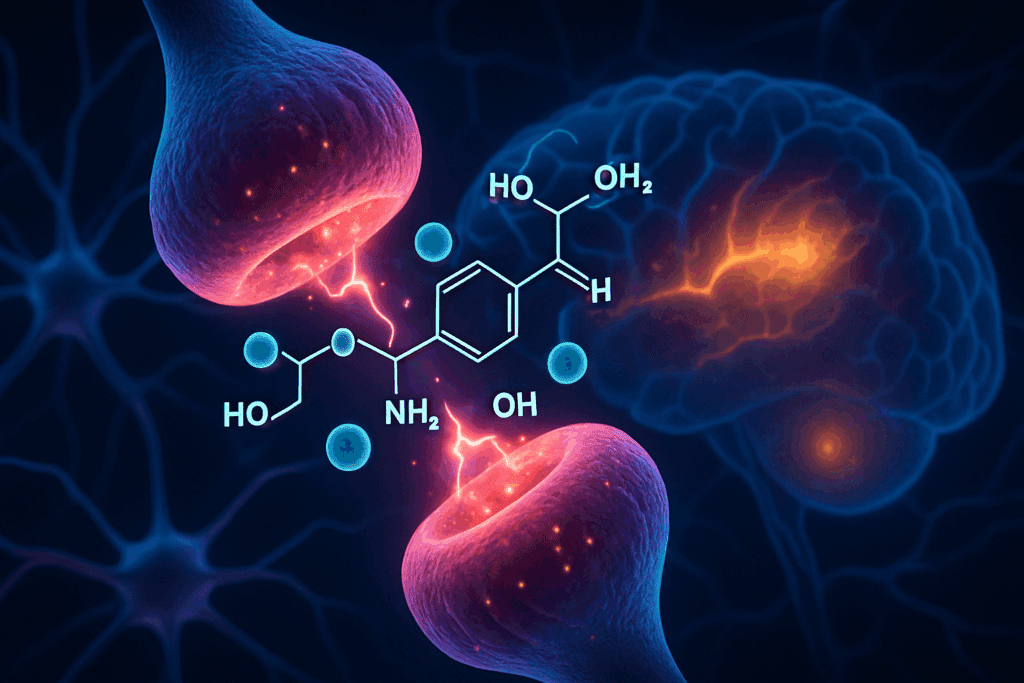
6. Does magnesium increase dopamine, and if so, how does it work?
Yes, magnesium plays a crucial role in dopamine synthesis and receptor function. It acts as a cofactor in the enzymatic conversion of tyrosine to dopamine, supports mitochondrial energy production, and helps reduce glutamate excitotoxicity, which can interfere with dopamine signaling. People who are magnesium-deficient often report low mood, poor motivation, and brain fog—all symptoms associated with impaired dopamine function. Including magnesium-rich foods or supplements can enhance the effectiveness of other dopamine vitamins like B6 and folate. While it’s not a standalone dopamine booster, magnesium significantly amplifies the effects of other dopamine boosting supplements by creating a supportive neurological environment.
7. Do dopamine supplements work differently in individuals with ADHD?
Yes, individuals with ADHD often have altered dopaminergic activity, especially in areas of the brain responsible for executive function and attention regulation. Dopaminergic supplements like L-tyrosine and Mucuna pruriens may offer more noticeable effects in this population, particularly when used alongside vitamin supplements for dopamine production and receptor support. Some people with ADHD respond well to a combination of dopamine serotonin supplements, as they often experience emotional dysregulation alongside focus issues. However, dosage, timing, and formulation are critical—too much stimulation can worsen symptoms. Tailored dopamine vitamins or nootropics for dopamine, used with medical guidance, may reduce reliance on prescription stimulants.
8. Is there a pill that increases dopamine safely without causing a crash?
Yes, several natural compounds act as gentle dopamine boosters without the harsh crashes associated with synthetic stimulants. For instance, supplements like NALT, Rhodiola rosea, and velvet bean extract provide smooth and sustainable support. Unlike harsh stimulants, these supplements to increase dopamine often include cofactors like B vitamins or adaptogens that buffer stress and stabilize mood. The key is to choose dopamine boosting supplements that nourish rather than force dopamine activity. For people sensitive to energy fluctuations, combining a dopamine enhancer with healthy fats, magnesium, and a consistent circadian rhythm can mitigate rebound effects.
9. Can you buy dopamine over the counter, or is it prescription only?
While pharmaceutical-grade dopamine (as used in hospitals) is not available over the counter, you can buy dopamine boosting supplements legally and safely from reputable retailers. These include both synthetic precursors like L-tyrosine and herbal dopamine supplements such as Mucuna pruriens. If you’re wondering where to get dopamine support without a prescription, look for products labeled as “dopamine enhancer,” “dopamine precursor,” or “dopamine support complex.” These are marketed as dietary supplements, and while they don’t contain actual dopamine, they help your body increase production naturally. Always consult a healthcare provider before starting new supplements—especially if you’re taking antidepressants or ADHD medications.
10. What are the best nootropics for dopamine and cognitive enhancement?
Some of the best nootropics for dopamine include L-tyrosine, selegiline (when prescribed), Rhodiola rosea, phenylpiracetam, and CDP-choline. These compounds enhance dopamine either by increasing its synthesis, blocking its reuptake, or supporting receptor sensitivity. Many also support norepinephrine, which works in tandem with dopamine to enhance focus and cognitive endurance. If you’re exploring how to increase norepinephrine and dopamine together, look for dopaminergic supplements that contain a mix of adaptogens, amino acids, and cholinergic agents. For long-term brain health, dopamine serotonin supplements that balance both systems can be more sustainable than single-pathway stimulants.
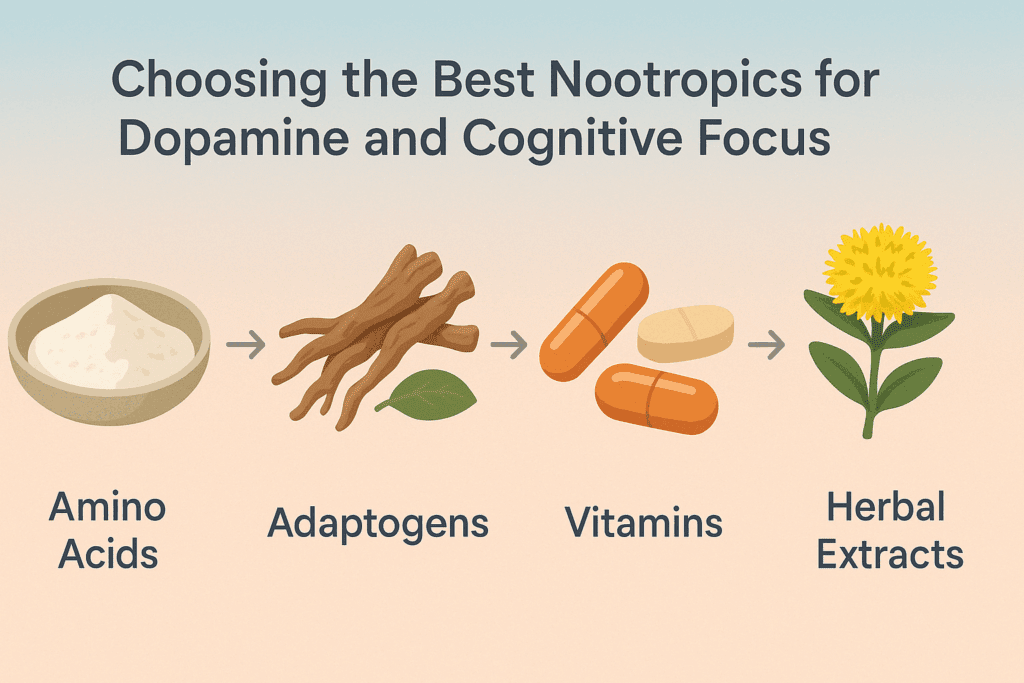
Reclaiming Focus and Mental Energy with Natural Dopamine Support
Dopamine is at the heart of so many vital brain functions, from motivation and goal pursuit to sustained attention and memory consolidation. As our daily demands for mental clarity continue to rise, more people are turning to science-backed solutions that enhance cognition naturally. By understanding the nuanced mechanisms of dopamine and exploring natural dopamine supplements with clinical credibility, we open new pathways to sustained focus and emotional resilience.
Whether you’re considering vitamin supplements for dopamine, exploring dopamine herbal supplements, or curious about whether you can buy dopamine over the counter, the answer lies in knowledge, quality sourcing, and strategic implementation. And if you’ve been wondering how to increase dopamine with supplements safely and effectively, now you have a toolkit to get started—rooted in neuroscience, not hype. By supporting your brain’s innate chemistry with intention and care, you can boost both focus and mental clarity in a way that’s sustainable, safe, and empowering.
Was this article helpful? Don’t let it stop with you. Share it right now with someone who needs to see it—whether it’s a friend, a colleague, or your whole network. And if staying ahead on this topic matters to you, subscribe to this publication for the most up-to-date information. You’ll get the latest insights delivered straight to you—no searching, no missing out.
Further Reading:
Dopamine: The pathway to pleasure


